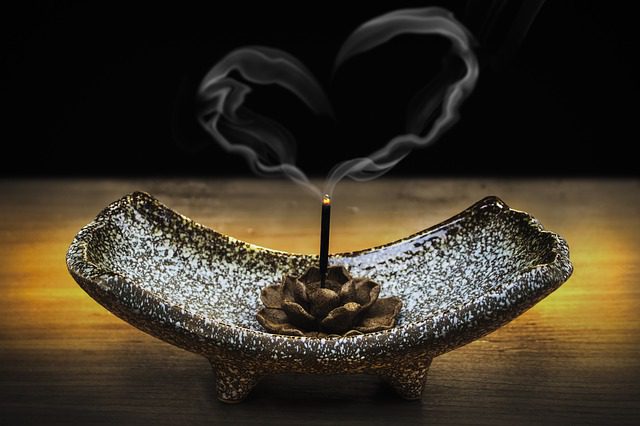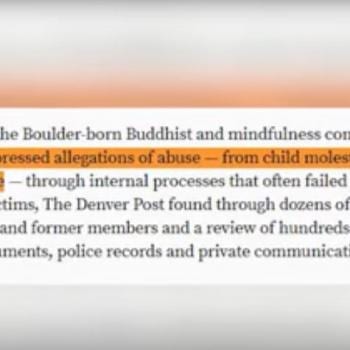Life in the 21st century can be overwhelming. Busyness seems to be the buzzword of the day, attached often indirectly by a sense of lack, unfulfillment, anxiety, and fatigue. I’ve felt this strongly in the last year, transitioning fully (at last) out of graduate-student status and into the world of academic (and other) job-seeking, partial employment, travels, writing, moving -twice-, getting engaged -once-, and so on. And I’ve seen it in friends across the globe, whether caught up in personal successes and failings or local and global political issues, it seems impossible to avoid existential anxiety.
A typical response to anxiety today is to engross oneself in material comforts. Yet these quickly fall short, as the Dalai Lama recently pointed out:
Our overly materialistic lifestyles are wasteful and come at great environmental cost. If we don’t change our ‘advanced’ patterns of consumption, humanity’s thirst for natural resources will be unsustainable. Overexploitation of the natural environment is generating crises at local and global levels. Nations pursuing rapid economic growth must take the lead in finding new, more sustainable paths of development. ~H.H. Dalai Lama, April 22, 2018
As I wrote recently, I don’t think Buddhist practice has ever been about escaping the world with all its messiness and busyness. Rather, the practices as I understand them direct us toward seeing the world and ourselves more clearly so that we can respond more fully and compassionately to suffering everywhere. But sometimes that can lead to getting bogged down and we need our time ‘away’, either in daily ritual or silent meditation or longer periods of retreat.
One long-standing go to for me is the metta sutta:
Buddha’s Discourse on Loving-Kindness.

Nearly 10 years ago a good friend (kalyāṇa-mitta) and I sat down to learn Pali together and started by memorizing this sutta in full. I’ve forgotten much of it, but the opening lines still come back easily:
Karaṇīyam atthakusalena yaṃ taṃ santaṃ padaṃ abhisamecca,
Sakko ujū ca sūjū ca suvacocassa mudu anatimānī.This is what ought to be done, by one who is skilled in goodness, and who knows the path of peace,
My they be able, upright, straight and not proud, gentle in speech, mild, without conceit.
The Karaṇīya Mettā Sutta is very widely known among lay Buddhists in Theravadin countries, where it is chanted devotionally or aspirationally. Winston King, who did field research in Burma in the late 1950s, compared it (along with 2 others, the Maṅgala Sutta and the Sigālovada sutta) with the Beatitudes, the Sermon on the Mount, and Paul’s description of love in First Corinthians (ch 13) in Christianity.
In Winston King’s words, “This is loving ‘one’s neighbor as oneself’ with a universal vengeance!”
But getting to that universal love means dropping away some of the frantic busyness of life. The next lines of the sutta counsel us to be contented and easily supported, light in duties and frugal, senses calmed & wise, without arrogance or covetousness.
Thou shalt not covet, thou shalt be humble.
Go easy on the facebook both taking in with endless scrolling and giving out in the countless ways we can do this.
Instead, slow down.
Read a blog post in full.
Or better, a book.
Take the time to let go of the frantic meanderings of modern society (yes, sometimes we must be engaged with them, but this is best done with clarity and wisdom as opposed to reactivity) and politics. Contemplate frugality. In a world of overt materialism, how can we develop and support our own frugality? How about the frugality of artists and institutions we support?
Simple tasks, but difficult to maintain and dangerous to our personal wellbeing and the planet when forgotten.
And yet, the path of peace is right there.
Read the sutta in full at sutta central or access to insight.
Enjoy reading this blog?
Click to support independent coverage of Buddhism as a patron.













